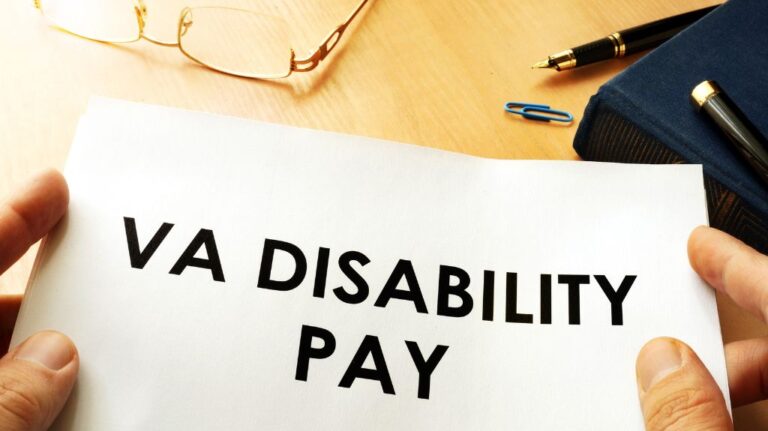Does the VA Consider GERD to be a Disability?
Gastroesophageal Reflux Disease (GERD) is a common medical condition that affects the digestive system, particularly the lower esophageal sphincter (LES). Many individuals suffer from GERD, experiencing symptoms such as heartburn, regurgitation, and chest pain. For some, these symptoms can be severe and significantly impact their daily lives. In the context of disability claims with the Department of Veterans Affairs (VA), the question arises: Does the VA consider GERD to be a disability?
Does the VA Consider GERD to be a Disability?
To answer this question, it’s essential to understand the criteria and processes involved in VA disability claims, particularly when it comes to conditions like GERD. The VA recognizes a wide range of medical conditions as disabilities, but the key lies in establishing a connection between the condition and military service.

GERD itself is not explicitly listed as a presumptive service-connected disability by the VA. However, veterans can still seek compensation for GERD if they can demonstrate that their condition is related to their military service. This involves establishing a clear link between the onset or aggravation of GERD and the time spent in the military.
The VA relies on medical evidence to evaluate disability claims. Veterans with GERD should provide comprehensive medical records, including diagnoses, treatment history, and statements from healthcare professionals linking the condition to their military service. It’s crucial to establish a timeline, showing when the symptoms began or worsened in relation to the veteran’s time in service.
Pre-Existing GERD and VA Benefits
In some cases, veterans may have pre-existing GERD that was aggravated during their military service. This can still be a basis for a disability claim. Veterans need to provide evidence that their military service played a role in worsening their GERD symptoms, even if the condition existed before enlistment.
One challenge veterans may face is that GERD is a common condition in the general population, and establishing a service connection requires careful documentation and expert opinions. Seeking the assistance of a qualified medical professional, such as a gastroenterologist, who can provide a nexus statement linking GERD to military service, can strengthen the disability claim.
Additionally, veterans should be aware that the VA evaluates disability claims based on the impact a condition has on daily functioning. If GERD significantly affects a veteran’s ability to work or perform routine activities, it may be considered a disabling condition. Providing detailed information about how GERD limits daily activities and impacts the veteran’s quality of life is crucial for a successful disability claim.
It’s important for veterans to understand the VA’s disability rating system. Disabilities are assigned a rating on a scale from 0% to 100%, with 0% indicating a service-connected condition that does not significantly impact daily life and 100% indicating total disability. The rating assigned to GERD will depend on the severity of symptoms and their impact on the veteran’s ability to function.
In some cases, veterans may also have secondary conditions related to GERD. For example, complications such as Barrett’s esophagus or respiratory issues could be linked to GERD and contribute to the overall disability rating. Including all relevant medical information in the disability claim is essential to ensure a comprehensive evaluation.
In conclusion, while GERD is not explicitly listed by the VA as a presumptive service-connected disability, veterans can still pursue compensation if they can establish a clear link between their GERD and military service. Thorough documentation, including medical records, expert opinions, and details about the impact of GERD on daily life, is crucial for a successful disability claim. Seeking assistance from professionals who specialize in VA disability claims can help veterans navigate the process and increase their chances of obtaining the compensation they deserve.
If you’ve been denied VA benefits, or need help applying for the first time, having an attorney on your side can greatly improve your chances of ultimately being approved. We can discuss your case today and find an attorney that is the right match for you and your firm.







